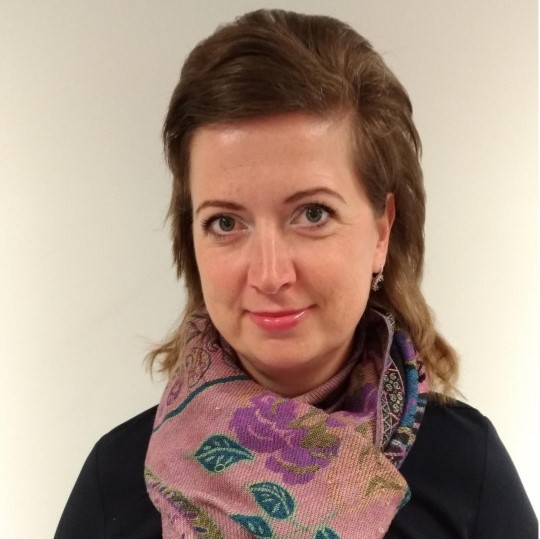German agency DATI
A very interesting government move in Germany is the promotion of technology transfer in the form of a generous gesture – the Federal Agency for Technology Transfer will aim to support the transfer of results from universities and research institutes.
So called. The Zukunftsstrategie (future strategy) includes in its solution the restructuring of the field of innovation and transfer in the light of the 21st century, which will certainly be an important incentive for the establishment of the new agency. Its main agenda should be to fund local technology transfer services, provide training courses, attract local and national venture capital for start-ups and develop regional networks between research and business, subject to the rules on the use of public resources. DATI plans to set up decentralised innovation “regions” across Germany, each led by regional coaches.
An example that doesn’t hurt.
Within our border region in eastern Bavaria, the technology transfer centres of six universities were already connected (with the help of the federal government) a few years ago to form the so-called “Technology Transfer Centres”. Association TRIO within which practice and experience is shared. The main objective of TRIA was to expand and actively shape knowledge and technology transfer and to strengthen the exchange between science, business and society in the region. There are certainly a number of initiatives throughout Germany, such as TRIO, Bayern Innovativ, and it will be necessary to establish who is responsible for what and with what competences.
In my view, however, this is a wonderfully ambitious plan that is finding significant resonance in society, particularly during the last few years, which have been affected globally by COVID and the Ukrainian war. If we can mention the positive impact of these events, it is the highlighting of scientific prowess and scientific results, their transfer towards the public sphere, and the efforts of many to quickly implicate them in society. In this light, the decision to set up an independent office is a clear signal of Germany’s positive attitude towards science and research. We can also see from this a clear commitment to working on applications and securing funding for research projects with application potential.
A number of activities that will be handled by German DATI will be handled by Transfera.cz in the Czech Republic. The association represents the domestic transfer community and also offers professional training, foreign cooperation and consultations on transfer cases. Technology Transfer Offices cover regions and, depending on local specificities, develop cooperation at the regional level but also across national borders.
Separate funding of transfer centres
It is a pity, however, that the funding of transfer centres is provided by everyone in our country as they know how and are allowed to do so. Through the budgets of universities, research institutes or the Academy of Sciences and other available financial sources. Targeted and, to some extent, guaranteed ongoing financial support, especially for activities related to the whole technology transfer agenda, would certainly be a significant advantage. It would help to ensure a continuous process of transfer development at universities and institutes of the Academy of Sciences. (These are in particular Proof of concept activities, whose system was established thanks to the GAMA project support of the Technology Agency of the Czech Republic and their continued support would be more than desirable, as well as support for knowledge transfer, which brings a significant social impact, support for the establishment of start up or spin off companies and much more.)
As Jaroslava Pongratz mentions, “Technology transfer is of great importance in Germany, in the Czech Republic, but also in the entire cross-border European Danube-Vltava region, and cooperation between SMEs and universities will become even more necessary in the future due to various factors (lack of human resources, inflation, disrupted supply chains, etc.), and will increase and become more intensively interconnected.” So, the question is whether to strengthen future competitiveness, we should create a department/area/cross border section for TT to reflect the specifics of technology transfer in border regions.
An interview with RNDr. et Mgr. Ruzena Stemberkova, Ph.D., MPA by Jiri Kavan.
Published jointly with Vedavyzkum.cz and Transfera.cz.




